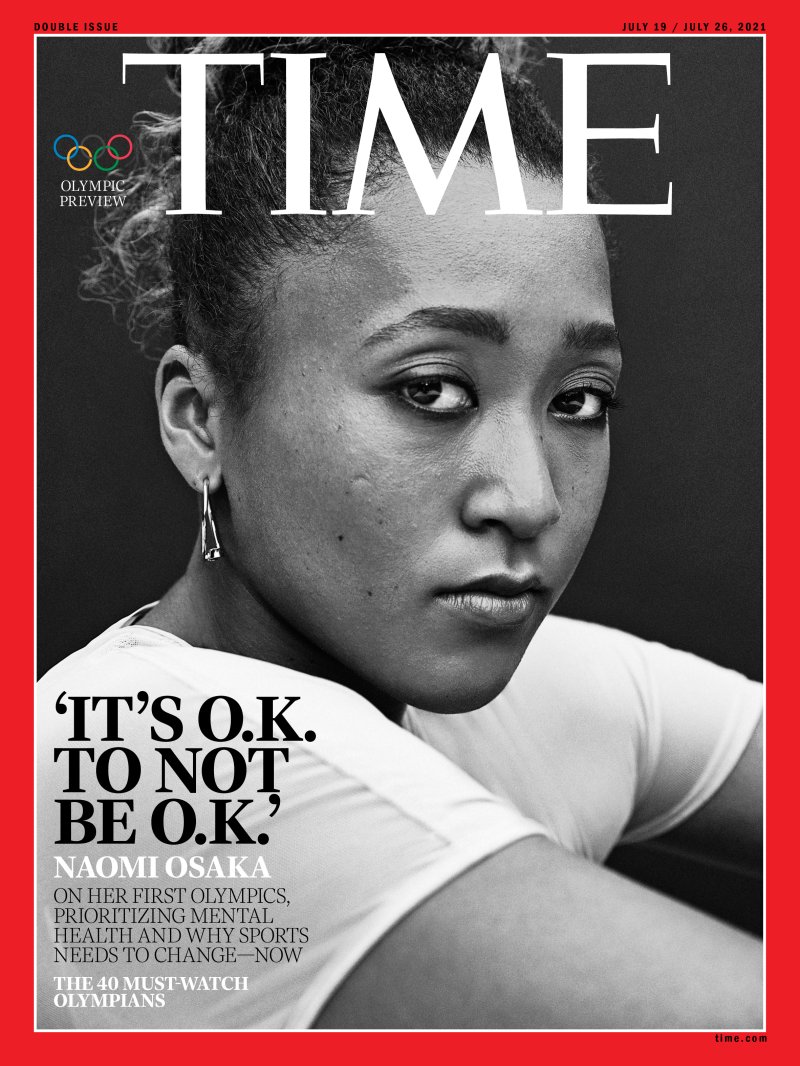Long Covid: Mental Health
517 days ago, on March 11, 2020, the World Health Organization declared the Covid-19 virus outbreak a pandemic. By now, we know what a pandemic is, probably how to identify symptomatic covid and have a greater understanding of what asymptomatic means, but the predominant feature of this pandemic is that physical distancing has caused social distancing.
In the beginning, we probably mixed up the two, but our friends in Psychology have made it clear there is a difference; physical distancing refers to the six feet apart, no handshake, no hugging or kissing people outside of your immediate circles sort of interaction.
But humans are, in fact, social beings, and not enough physical human interaction has very negative side effects. We've heard talk about the silent pandemic of mental health. Still, now more than ever, we have to recognize the seriousness of the issue, especially for those of us who exist the last 3 generations (i.e., GenY, Gen Z, and Gen Alpha) or anybody under 40.
In fact, the pandemic has unearthed so many things about how we interact with each other despite being forced to adapt. For those of us working from home initially, we were uber-productive now that over a year has gone, we wake up later, roll out of bed and go to work whenever we feel like it, mind you, we still get work done, but we are just less motivated to make it under these circumstances. To be honest, some people thrive in the office, whether it has to do with perks, your coworkers who make you laugh, the coffee place or lunch spot around the corner, after-hours drinking, missing out on the fringe benefits if the office has taken their toll too.
Online meetings have not quite helped the situation either, screen time has increased, which leads to further fatigue, and without much else to do, screen usage on phones, Tv, and tablets is also up. Very few people have stopped working out altogether, no longer befitting from the early morning or late night endorphin boost.
I'm not a psychology authority, but as someone who thinks of himself as a behavioral economist, the net effect of these things isn't quite helping us.
Poor mental health may cost businesses nearly as much as physical health problems, according to researchers. A single extra poor mental health day in a month was associated with a 1.84 percent drop in the per capita real income growth rate, resulting in $53 billion less total income each year. (Penn State)
One of the hallmarks of mainstream economics is the rational agent; now, someone suffering from mental health strain cannot be expected to operate rationally; therefore there may either behave rashly or depending on heuristics or mental accounting in their decision-making processes.
So the more we ignore issues such as mental health, the more the long-term effects cost us. We will not be able to state the long-term mental health effects of the pandemic until a few years in the future but what I do know is that we are not all okay. We need to end the pandemic by doing things such as getting vaccinated and taking personal responsibility for our interactions with others and how we deal with our mental health.
Many people have socially distanced themselves as a coping mechanism to the pandemic. They are starting to feel physical effects and psychosocial diseases such a depression and negative coping mechanisms such as binge drinking, self-harm, and irresponsible sexual practices.
This summer, gymnast Olympian Simone Biles shocked the world when she pulled out of her team and individual events for mental health reasons; the blowback was that people were on both sides of the coin with her, But what she did was highlight that Mental Health issues can be physically destructive. We all have to take care of ourselves.
“We also have to focus on ourselves because, at the end of the day, we're human, too,” Biles said. “So, we have to protect our mind and our body, rather than just go out there and do what the world wants us to do.” Simone Biles
A few months earlier Naomi Osaka, left the french open for simial mental health reasons. Essentially the pandemic has amplified an issue we've suppressed so much that we can longer.
I could say much more on the issue but what I personally want is a conversation to happen.
In the Last 6 months, have you experienced anxiety or worrying?
Have your eating patterns changed?
Have you become more apathetic and less motivated to work?
Have you over-indulged in addictive activities?
Extreme mood changes
Well, seek out some help...





Comments
Post a Comment